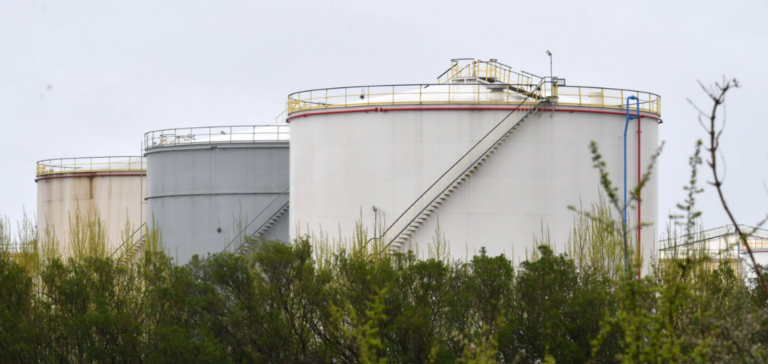The project to create a liquefied natural gas (LNG) storage and distribution site on the outskirts of Strasbourg is generating intense debate. Located on a former refinery site, the project involves the installation of five LNG storage tanks. This gas, which is cooled to -162°C to liquefy it, takes up less space. The site, classified Séveso high threshold, will receive imported gas, transported from Fos-sur-Mer to Alsace.
Opposition and Environmental Criticism
This LNG, mainly intended as fuel for road hauliers, would be distributed to service stations in northeastern France and Germany. Stéphane Simon, Director at Rubis terminal, underlines the importance of LNG in the energy conversion of heavy transport, seeing it as an available and functional solution. He points to the lack of an LNG hub in the Grand Est region, which is currently dependent on truck supplies from Fos-sur-mer. In his view, the establishment of a local hub would promote the region’s energy transition.
Challenges of the Transition to BioGNL
However, the project faces stiff opposition. Critics, such as Marie Chéron of the NGO Transport et Environnement, question investment in a technology deemed to have no future. Although less polluting than diesel, LNG is still a hydrocarbon that contributes to global warming. The Environmental Authority questions the project’s contribution to the energy transition, highlighting its carbon content.
Local Issues and Community Reactions
The towns where the plant is located, Reichstett and Vendenheim, as well as the Strasbourg metropolitan area, have expressed negative opinions, fearing saturation of road traffic and other nuisances. Georges Schuler, mayor of Reichstett, highlights the problems associated with increased traffic and restrictions on the development of other forms of renewable energy in the vicinity of a Séveso site.
However, the project’s promoters advocate the use of gas as a viable alternative to electric power for heavy-duty transport. They highlight the potential of bioGNL, a less polluting renewable energy produced from organic matter. The inclusion of bioNGL in the incentive tax on the use of renewable energy in transport (Tiruert) could speed up the transition to this energy. Project partner Laurent Hamou from Elengy talks about the challenges of producing bioNGL and the current lack of liquefaction infrastructure in the Grand Est region, but remains optimistic about the possibility of 100% regional bioNGL storage by 2030.
The LNG storage and distribution project in Alsace raises crucial questions about the balance between energy transition and environmental preservation.






















